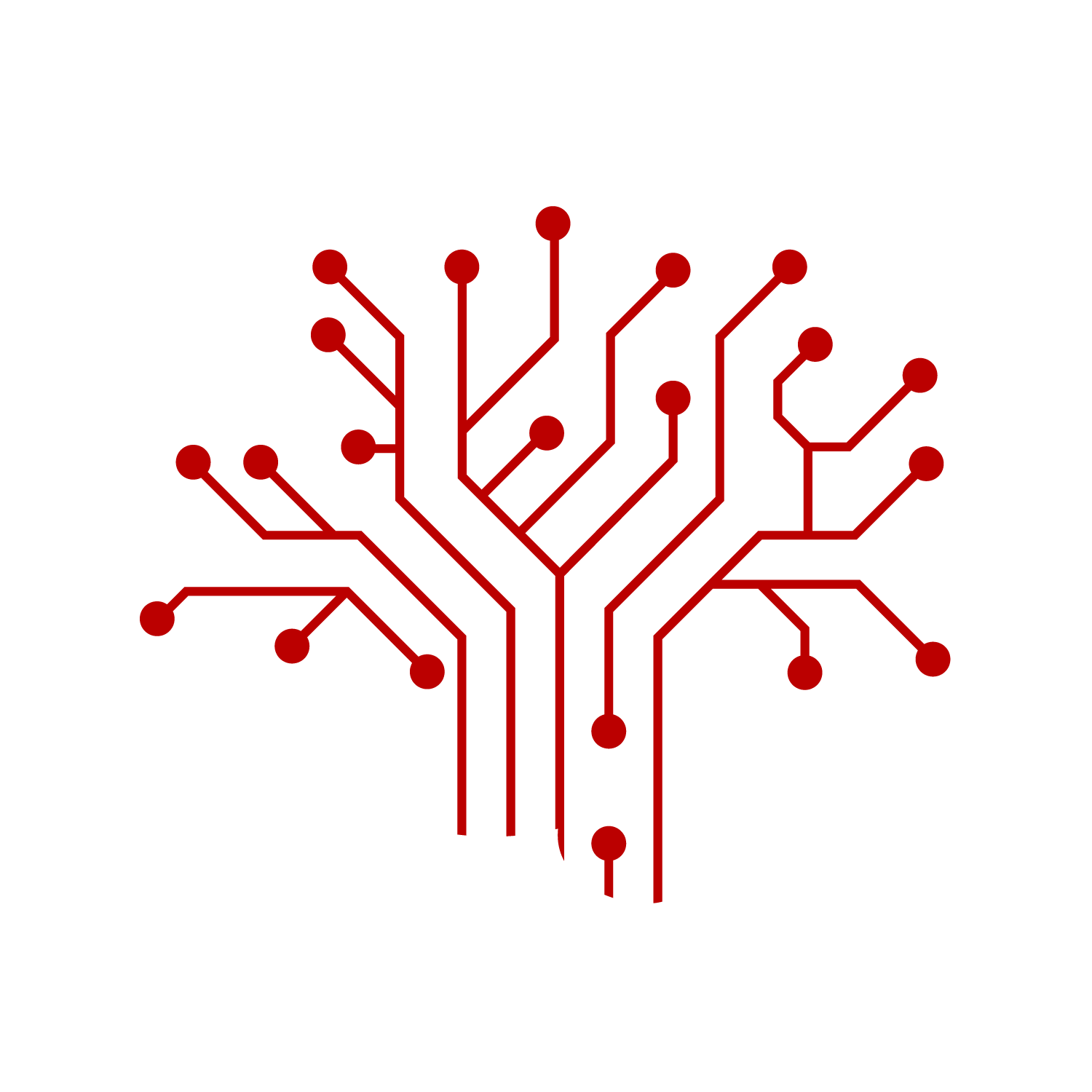Life@CMU Measures Student Stress, Depression
Life@CMU Measures Student Stress, Depression
By Bruce Gerson
Carnegie Mellon University is turning to its strength in research to help enhance the student experience.
Commissioned by the Office of the Provost and the Task Force on the CMU Experience, the Life@CMU Project examined student behavior over the course of a semester, and looked at how factors such as stress and sleep affected, and in some cases predicted, students’ well-being. Results of the study, which were presented during a recent campus forum, will be used to guide future student experience initiatives.
“There’s been an impressive amount of work looking at mental health in college student samples in the published scientific literature, and our students look quite similar to other student samples,” said principal investigator David Creswell, associate professor of psychology.
Creswell’s team followed two cohorts of students. The first phase included 160 first-year students during the spring 2017 semester. Phase two studied 120 first-year students and 118 second-year students during the fall 2018 semester. Eighty of the 118 second-year students participated in the first phase as well. Students represented schools and colleges across the university.
Some surveys were conducted to measure the students’ perceived stress levels at the beginning, middle and end of each semester.
“As you might expect, we see an increase in student stress levels from the beginning to the end of the semester,” Creswell said. “We don’t see a lot of difference with stress levels on this campus relative to other college students. So, you might ask, ‘do we have a unique stress culture here?’ We’re not seeing that.”

